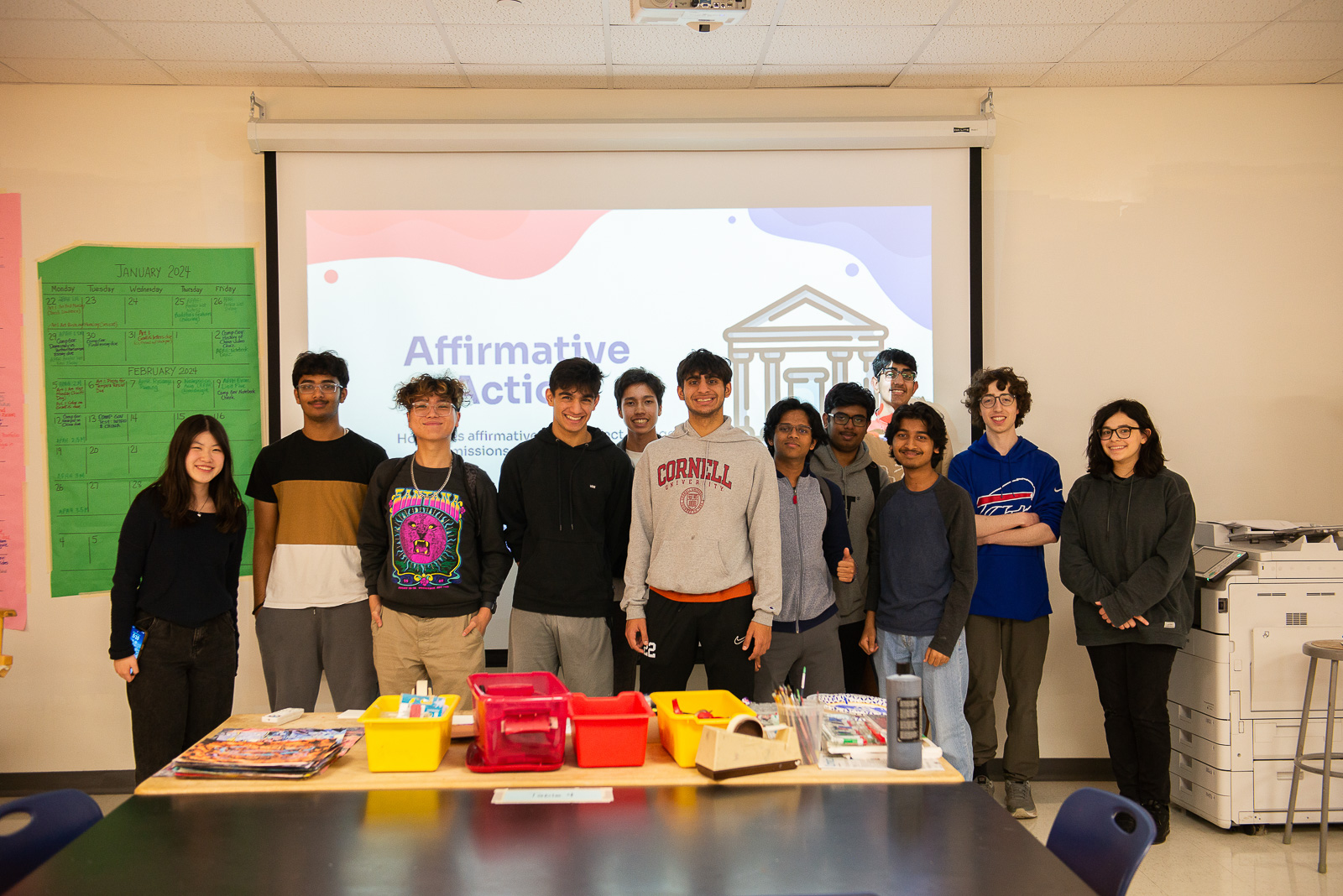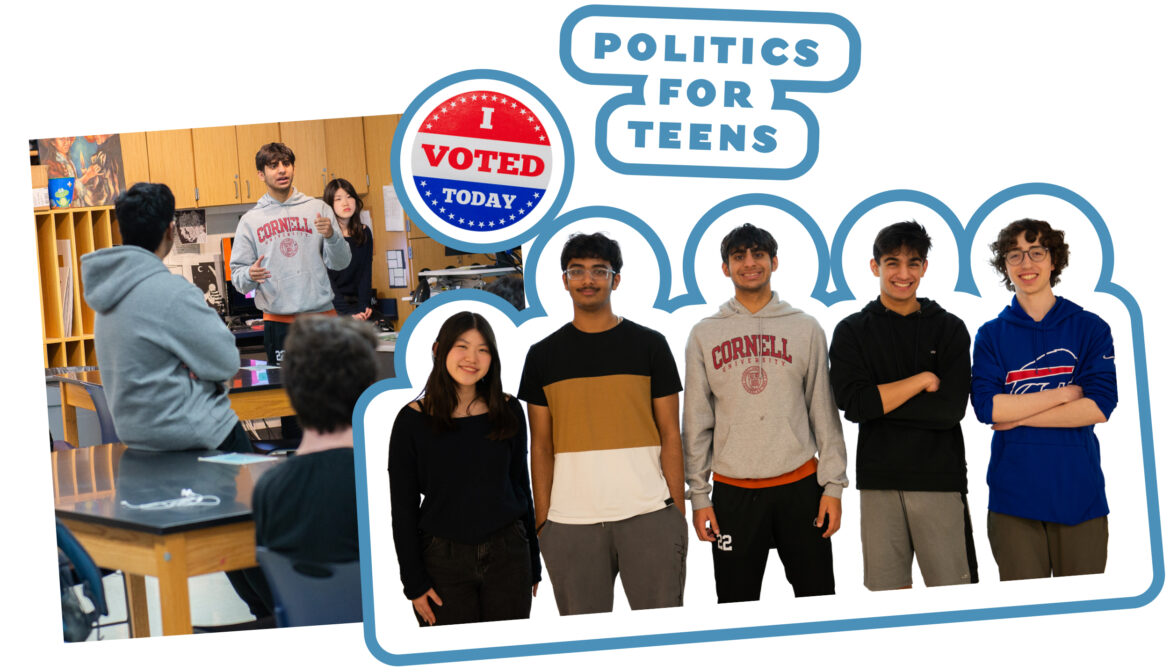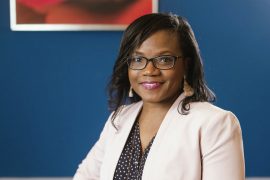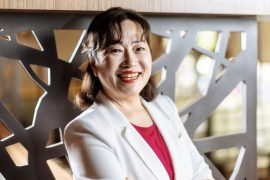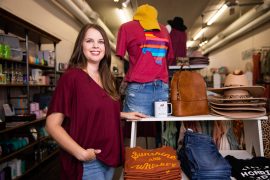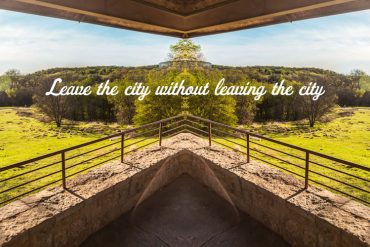Each election, the discussion of how Gen Z will vote increases in conversation. More than half of the generation is of voting age, with more midterm voters than earlier generations at the same age, according to a Center for Information & Research on Civic Learning and Engagement study of Census data.
“I got into politics during the pandemic where we really had nothing to do, so I just started scrolling through Twitter and I started seeing all these people trying to come up with solutions,” Politics for Teens Founder Rizwan Khan says. “That’s what politics is, right? So that kind of inspired me to start getting involved working with campaigns [that are] local, congressional and city council.”
Khan, along with a few of his classmates, started the Politics for Teens club last school year at Plano West Senior High School because they “sensed a polarized environment” at the school.
How do you get people to come to after school politics clubs? Cookies.
“People originally came to our club from being enticed by the cookies,” says Club Deputy Director Maxwell Stephen.
Then people started coming for the discussions.
“[It] was a breath of fresh air, learning about politics and not having to deal with one side or the other, but having a good overview and then having a discussion where people can discuss their opinions,” Khan says.
To ensure that the discussions did not become divisive, the Politics for Teens team uses tools like “The Spectrum Game,” where a statement with two extremes is presented to the group and participants stand somewhere in the room that demonstrates where they fall on that spectrum.
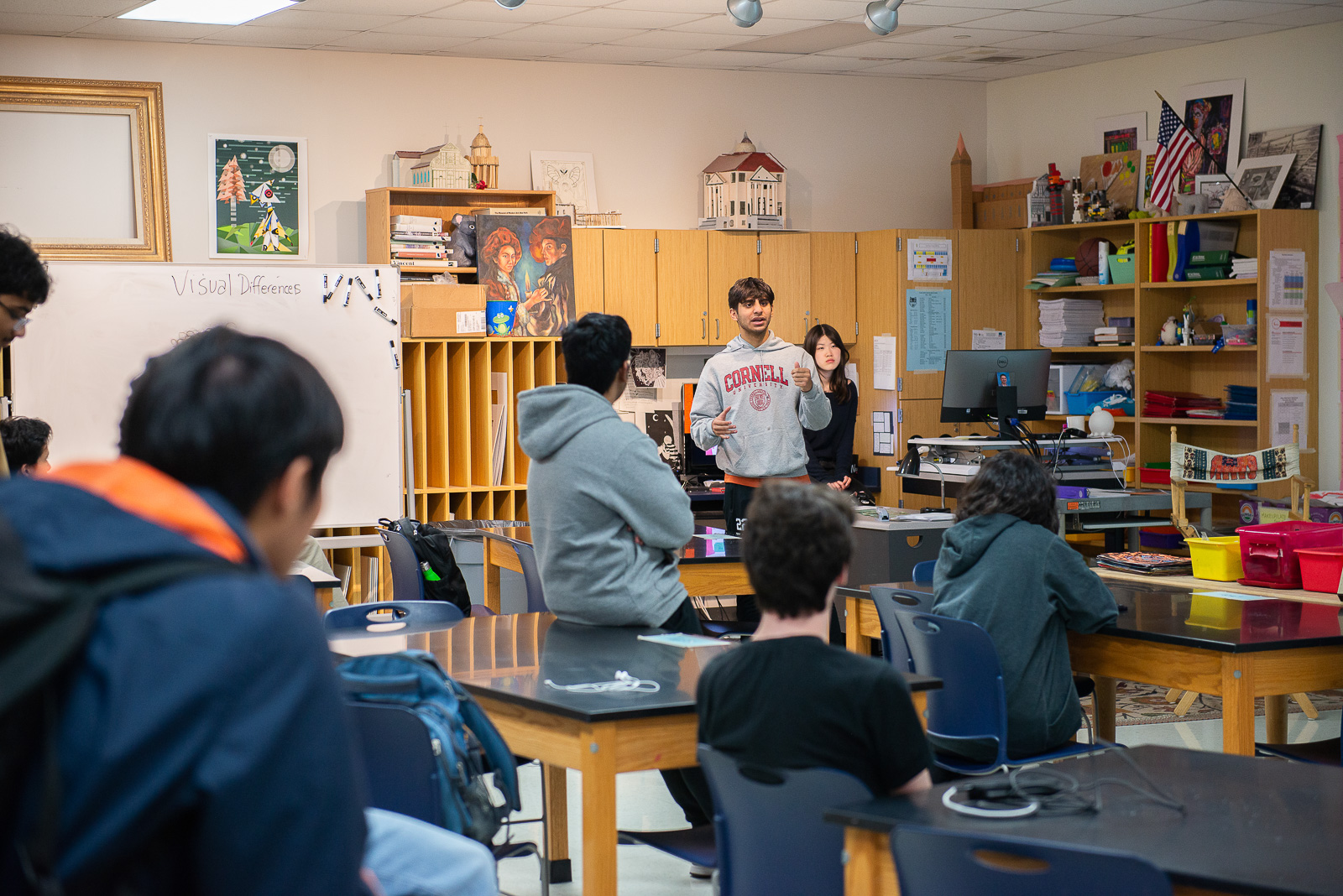
“It’s really unique how we facilitate as officers,” Director of Marketing Kate Cho says. “We always challenge whatever you say to the other side of the argument. It doesn’t matter what we personally believe, we make sure, with enough research and mediation, that we always challenge someone to think and look at the other side.”
Realizing that students at their school were increasingly interested in the group and discussions, Politics for Teens hosted a voter drive for students who were already 18. Within the year, the group expanded from a school club to a nonprofit with 36 chapters in the metroplex and other states but also around the world in places like India, Switzerland and Israel.
For area students, Khan and his team led a political forum, where Rep. Mihaela Plesa, Rep. Carlos Sherman, Fairview Mayor Henry Lesner, PISD School Board Member Bill Parker and Catalina Garcia from Dallas College came to discuss politics in the region.
“Plano’s demographic is very, very diverse. We have multiple people from multiple ethnic backgrounds, religious backgrounds and even income backgrounds,” says Cho. “Beyond just presenting information, we always have individual voices, to be challenged and have more in-depth discussions and a variety of angles.”
